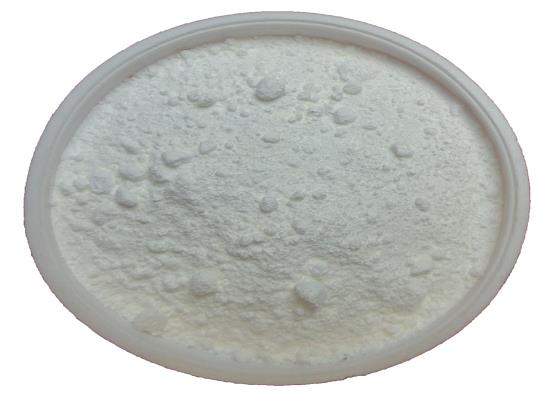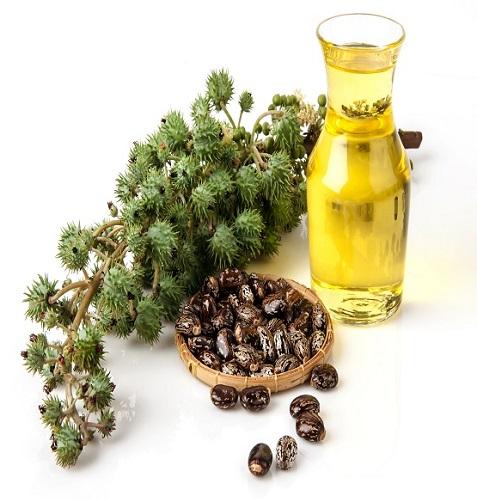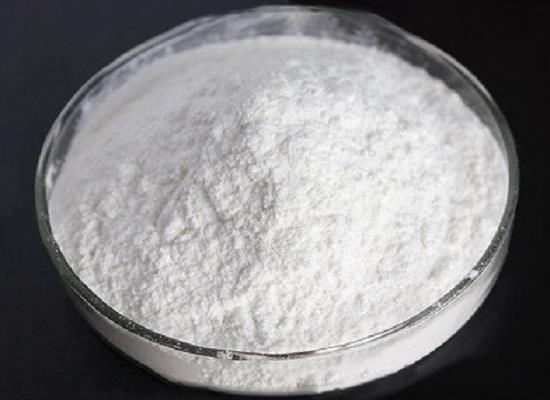The Applications and preservation methods of hydrogenated castor oil
General description
Hydrogenated castor oil, also known as castor wax, is a versatile and widely used ingredient in various industries such as cosmetics, pharmaceuticals, and food. It is derived from castor oil through a hydrogenation process, which involves the addition of hydrogen to the oil to alter its properties.
One of the key characteristics of hydrogenated castor oil is its ability to act as an emollient and thickening agent in cosmetic products. It is commonly found in skincare products such as creams, lotions, and lipsticks, where it helps to moisturize and soften the skin. Its thickening properties make it an ideal ingredient for improving the texture and consistency of various beauty products.
In the pharmaceutical industry, hydrogenated castor oil is used as an excipient in drug formulations. It can help to enhance the stability and solubility of active pharmaceutical ingredients, making it easier to formulate medications. Additionally, it is used in the production of suppositories and ointments due to its lubricating and emulsifying properties.
Furthermore, hydrogenated castor oil is also utilized in the food industry as a food additive. It can be found in products such as chocolates, candies, and chewing gum as a glazing agent or to improve the texture of food items.
Overall, hydrogenated castor oil is a versatile ingredient with a wide range of applications across various industries. Its unique properties make it a valuable component in the formulation of cosmetics, pharmaceuticals, and food products, contributing to the quality and effectiveness of the end products[1].

Fig. 1 The Characteristics of hydrogenated castor oil
Applications
Hydrogenated castor oil is a derivative of castor oil, and its chemical structure and properties change the hydrogenation process. This transformation enhances its stability and improves its performance in various applications. Here are some applications of hydrogenated castor oil as a moisturizer: hydrogenated castor oil has excellent moisturizing properties and is a popular choice in skincare products. It helps to moisturize and soften the skin, providing a smooth and hydrated feeling. Thickener: Due to its thickening ability, hydrogenated castor oil is commonly used in cosmetics to improve the texture and consistency of formulas. It helps to stabilize the lotion and produce a product with ideal viscosity. Lubricant: In pharmaceutical applications, hydrogenated castor oil acts as a lubricant, facilitating the smooth administration of medications in various forms such as suppositories and ointments. It helps to reduce friction and discomfort during application. Solubilizer: This oil is known for its ability to enhance the solubility of active ingredients in pharmaceutical formulations. It aids in dispersing and dissolving substances, improving the overall efficacy of the final product. In conclusion, hydrogenated castor oil’s unique properties make it a sought-after ingredient in the formulation of skincare products, pharmaceuticals, and other consumer goods. Its emollient, thickening, lubricating, solubilizing, stability, and versatile characteristics contribute to its widespread use and effectiveness in different applications.
preservation method
To ensure the quality and effectiveness of products containing hydrogenated castor oil, proper storage methods are essential. Keep it in a cool, dry place: Store hydrogenated castor oil in a cool and dry environment away from direct sunlight and heat sources. High temperatures can cause the oil to degrade and lose its effectiveness. Avoid exposure to air: Seal the container tightly after each use to prevent air exposure. Oxygen can lead to oxidation of the oil, reducing its shelf life and efficacy. Use dark, opaque containers: Opt for dark or opaque containers to protect hydrogenated castor oil from light exposure. Light can cause the oil to degrade and become less stable over time. Check for signs of spoilage: Periodically inspect the oil for any changes in color, odor, or consistency. If you notice any unusual changes, it may indicate that the oil has spoiled and should be discarded. Follow manufacturer’s guidelines: Always refer to the manufacturer’s recommendations for storing hydrogenated castor oil. They may provide specific instructions on the ideal storage conditions to maintain the oil’s quality. By following these storage tips, you can prolong the shelf life and maintain the efficacy of products containing hydrogenated castor oil. Proper storage practices will help ensure that the oil retains its beneficial properties and remains effective in various applications[2].
References
[1]Nitbani F O, Tjitda P J P, Wogo H E, et al. Preparation of Ricinoleic Acid from Castor Oil: A Review[J]. Journal of Oleo Science, 2022, 71(6): 781-793.
[2]Ogunniyi D S. Castor oil: a vital industrial raw material[J]. Bioresource technology, 2006, 97(9): 1086-1091.
);You may like
Related articles And Qustion
Lastest Price from Hydrogenated castor oil manufacturers
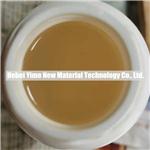
US $20.00-15.00/kg2024-04-28
- CAS:
- 8001-78-3
- Min. Order:
- 1000kg
- Purity:
- 99%
- Supply Ability:
- 5000kg/week
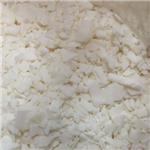
US $3500.00/T2024-04-28
- CAS:
- 8001-78-3
- Min. Order:
- 1T
- Purity:
- 99%
- Supply Ability:
- 1000kg/day

